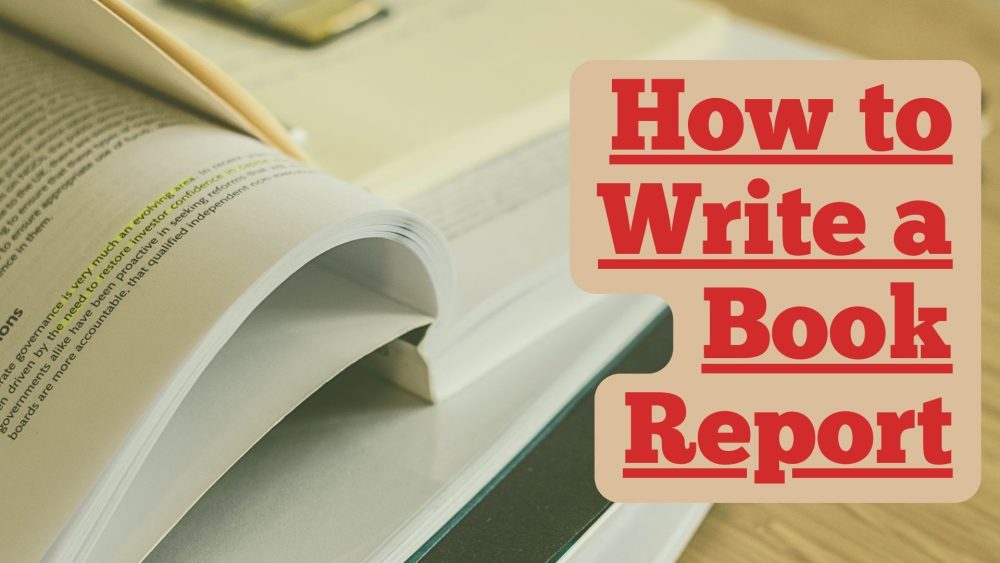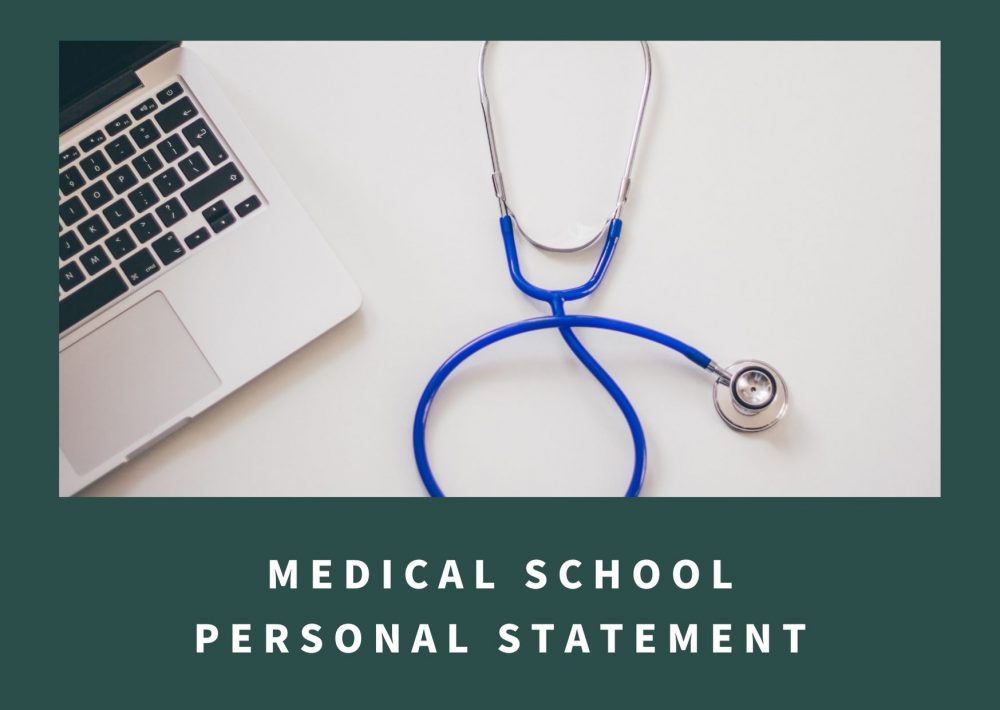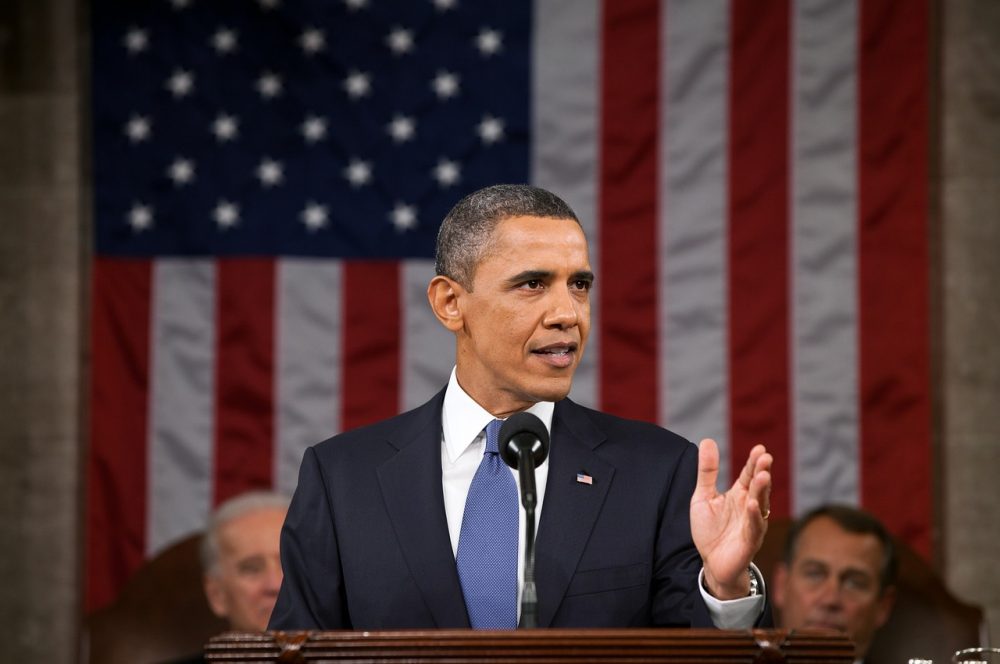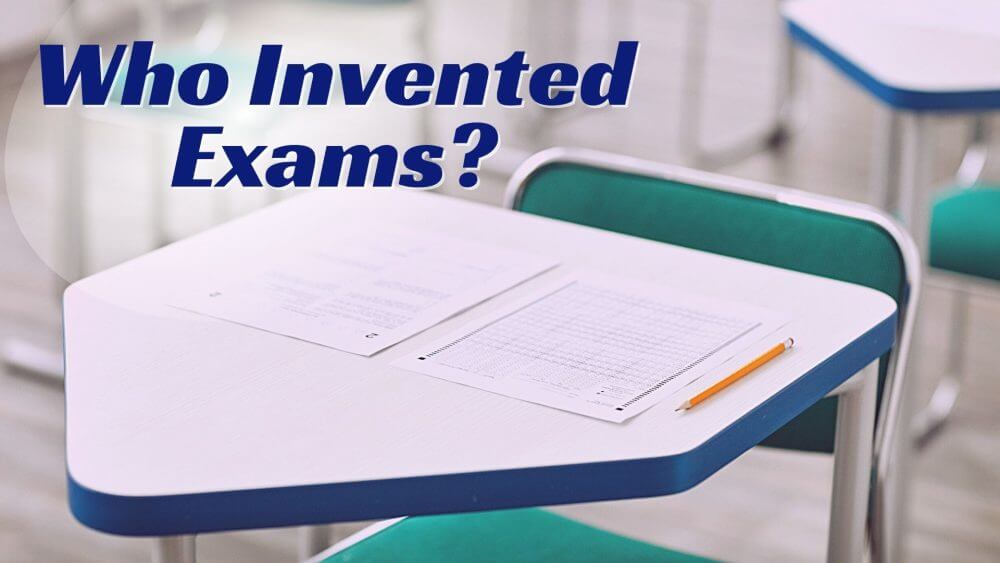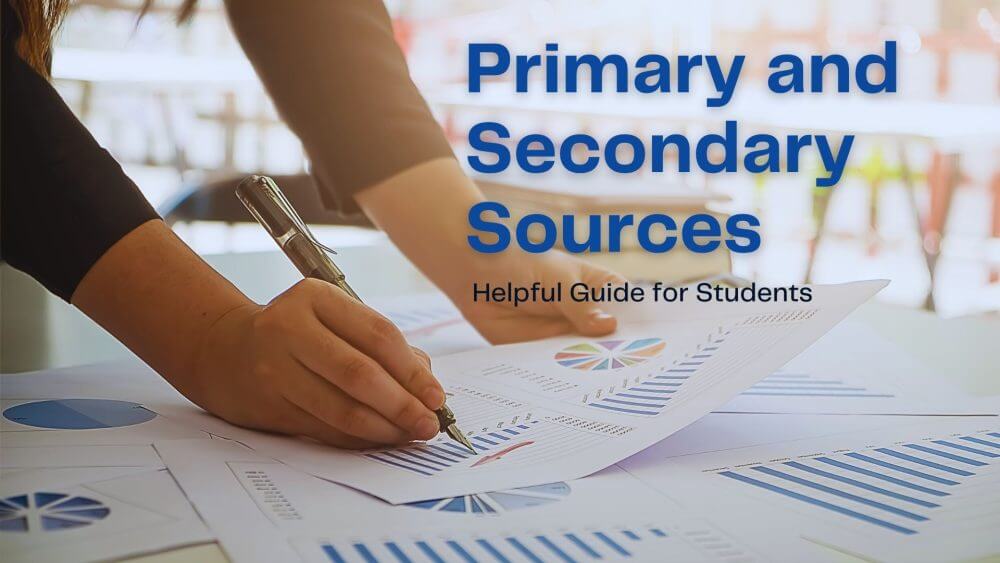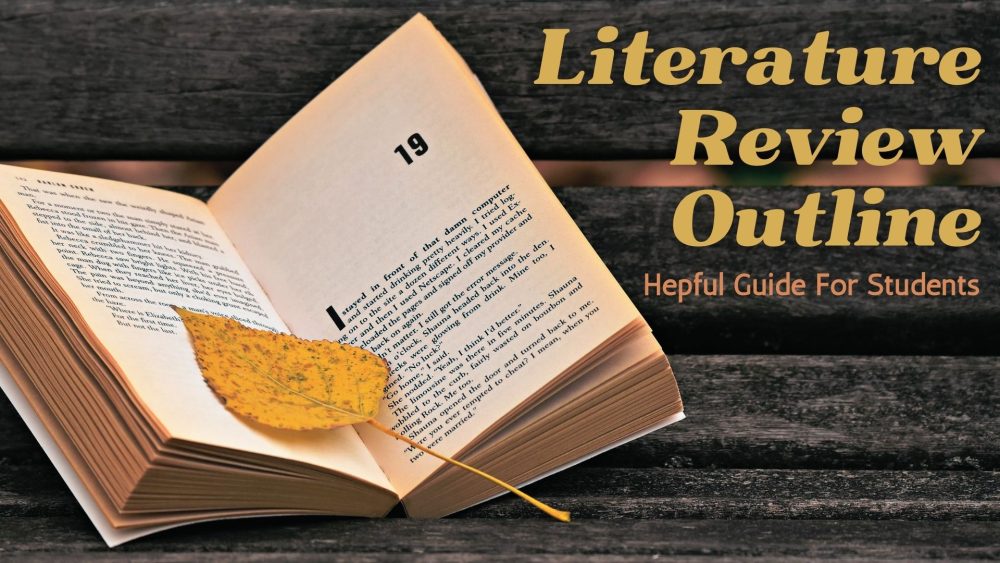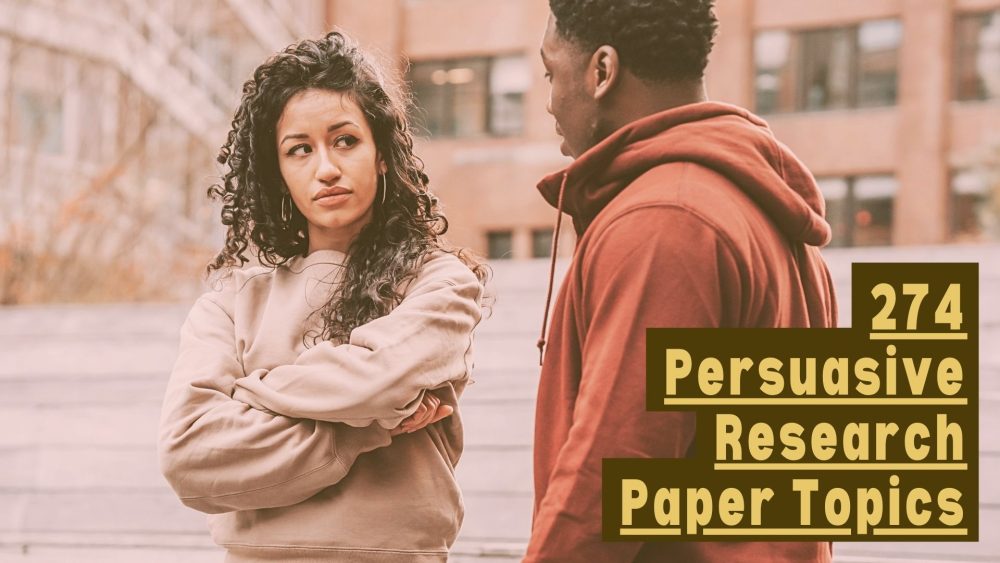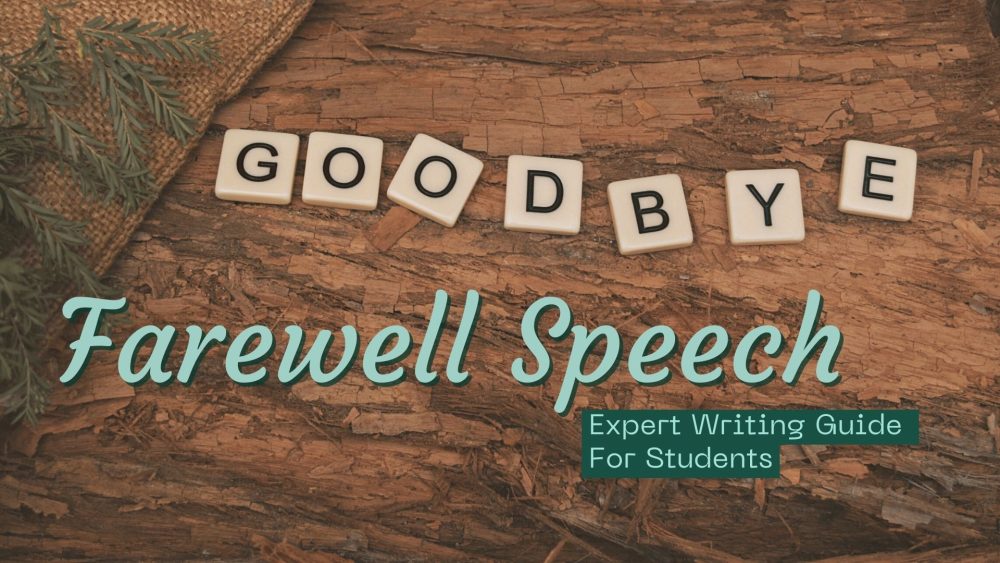Writing Response Paper: Killer Tips And Tricks
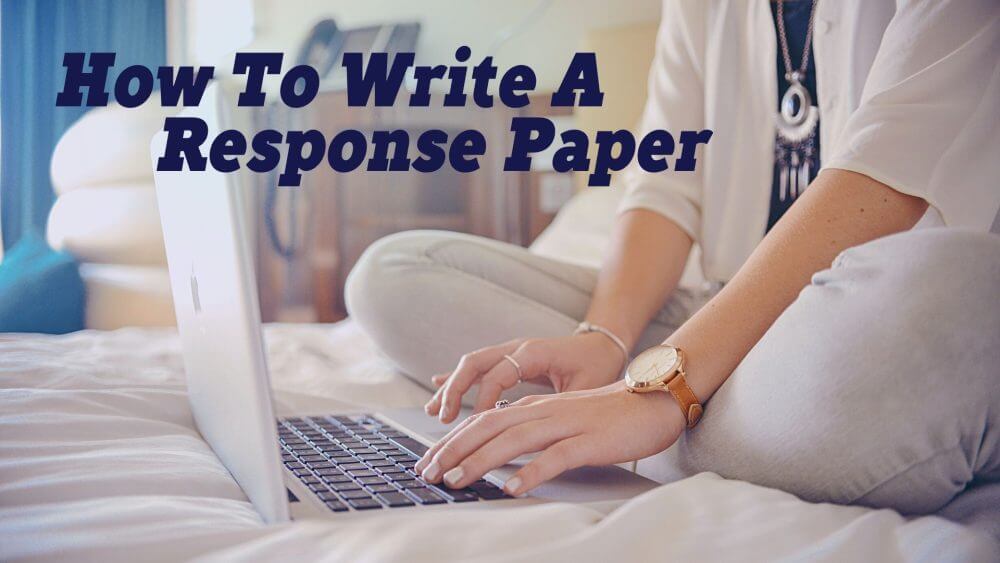
A response paper is an essay that states your reaction to one or several texts you have read. Your teacher will give this kind of assignment after you have read several articles or pieces of literature.
Table of Contents
What Is A Response Paper?
A response paper is a type of essay that you write in response to something that you have read. It can be anything from a book to an article to a movie.
When writing a response paper, your goal is to:
- Understand the material you read.
- Develop your own thoughts and reactions to the material.
- Articulate your thoughts and reactions in an essay format.
- Understand how to write a response essay better.
There are a few reasons why people consider writing a response paper. First, it can help to improve your reading comprehension skills. A good response essay example is the one that has well-organized thoughts and ideas. One achieves such organization by taking a closer look at the material and understanding it in depth.
Second, writing response papers also helps improve research skills. You need to be familiar with the work that you are responding to in order to offer a thoughtful analysis. It also helps one think critically about the material and engage in discussions about books, articles, and other materials.
When starting, it would be best to use a response paper template. This idea is helpful in listing the main points of your essay.
How To Write A Response Paper?
How to write a response paper to a book? How to write a response paper to an article? There are numerous things you can write a response essay to, but they all will follow this basic structure?
- Introduction. Here’s where you make mention of the books or articles you have read, their authors, and also write your thesis statement.
- Body. Here you’ll highlight all the reasons and examples that support your thesis statement.
- Conclusion. Here you sum up your thesis statement or argument.
Now that you know the structure your response paper should follow, let’s dive in on the steps of writing it. Exactly how do you write a response paper?
- Read The Text Several Times
Before you begin response writing, you should understand the author’s main point of view and the purpose for writing the article or book. You need to know the main idea and the points that support the main idea. You will need to support or defend your point of view based on what the author has written.
Because of this, you need to read the provided text severally while writing down all the areas you feel may be essential in the writing process. You have to identify the ideas, organization, and purpose of the text.Reading the text again and again before sitting down to write your response paper will help you to:
- Analyze and evaluate the ideas in the book.
- Briefly summarize the book’s key ideas and state your opinion with the appropriate details, quotations, and explanations.
- Collect Evidence
A response paper is fun to write because it’s all about expressing what you think about a piece of literature. However, you need to do this in an organized way. In other words, you have to make sure that you include evidence that shows that you’ve understood what the text says and does.And because you need to react to the writer’s ideas, it’s paramount that you analyze and evaluate the documents, so you identify the writer’s strengths and weaknesses. To do this, you can ask yourself the following questions as you read the book:
- What was good?
- What was bad?
- What could I have done better?
- What do I agree or disagree with?
You’ll be stating your opinion about the author’s ideas. You will also be saying what was good or bad, what you could do differently, and if you agree or disagree with the author’s point of view.
- Choose A Topic
Pick aspects of the original essay that you feel strongly enough to write about. Remember, depending on what your teacher assigns you, there may or may not be outside sources necessary other than the original article. So, while reading the first time, look for the answers to the following questions.- What is the topic/main problem/issue the author is addressing?
- What is the author’s central claim – his or her argument/point?
- What assumptions does the author make?
- What evidence does the author present?
Answering the above questions will help you choose a topic for your response essay. The topic you select should be informative and one that you can write without pulling your hair out. Choose the topic that interests you; this will help make the entire writing process less overwhelming.
- Read More Than Once
After reading the text the first time and looking for the main idea, read the book a second time. This time, look for the answers to these questions:- How do I feel about what is being said?
- Is the author’s claim supported sufficiently, or do I need more evidence?
- Do I agree or disagree with it all?
- What are some possible counterarguments to the author’s claims?
If you don’t agree with everything, that’s fine, but if you disagree, then you’ll need to come up with some counterarguments.
- Write An Outline
Now that you’ve read the text twice, and you’ve answered those questions, the third step is to write a concise outline of the book and paraphrase the author’s thesis statement. This will later help with the response paper format and response paper structure. The best homework writers recommend that you do this crucial step. In other words, you have to come up with the main idea. Paraphrase the main supporting ideas or the evidence, or the main topics that the author mentioned. Lastly, paraphrase any other important concepts; this should be approximately three to four sentences long, really no more than four sentences. Like any good piece of writing or argument, you’ll need to provide evidence to support the points you’re making.So your response requires that you provide evidence from the text to support your opinion, whether you agree or disagree. Consider the evidence that will best support your statements. You can choose from personal experience, or you can bring in evidence from the text. When citing evidence from the article, remember to write about specific phrases or sentences from the book that stood out. Don’t just put in a quote, but make sure you explain the quote and analyze its effectiveness in the text.
- Introduction
In the introduction, start with some attention-getter or a hook; this can be anything from a quote to a shocking statement. It can also be something that draws the reader into your paper. After you have the attention-getter, the next sentence has to contain the author’s name and then your main idea. At the end of your first paragraph, write the thesis statement.The thesis statement is essential because it provides the reader with the direction you are going. You need to state what your position is basically, are you agreeing or disagreeing, or agreeing fully or partially. You need to say that in your thesis statement. The thesis statement is probably the most crucial sentence in the entire paper because without it, your response paper will lack clarity. So, the main question is to figure out what exactly are you going to write about. Well, look for some useful information in the essay that could apply or relate to some real-life situations.
- Body Paragraphs
The paragraphs that come right after the introduction, also know as the body paragraphs must explain your subject thoroughly. Use one or more words that describe your response to the article you just finished reading. For example, if you are angered, amused, surprised, annoyed, or curious, you need to explain why you felt that way. Give examples of what annoyed you; this is one way to help structure your response paper.Whatever you do you, remember to give reasons for why you agree to disagree with the author. Make sure you give examples and own personal experiences, too, because they will help you to make sense of each paragraph of your argument. While writing the body paragraphs, be sure to use short and concise paragraphs to separate your ideas. Use one paragraph at a time to explain your pieces of evidence; make sure that each paragraph transitions into the next with ease.
- Conclusion
The last paragraph of your paper is going to be the conclusion. It is a vital part that you can’t skip. It should summarize all the points you made throughout the essay and also restate the thesis statement. It should also suggest avenues for further exploration. The conclusion needs to be brief and informative. It shouldn’t leave any room for readers to ask questions like, “so what?” It should also not present a new idea or argument that you did not address in your essay.The conclusion also allows you to show off your critical thinking skills when writing response essays. - Edit and Proofread
Finally, ensure to edit and proofread your text before submitting it. However, if you feel you’re not up to the task, ask for the professional writing services. Writing a response paper is an opportunity to share your thoughts on the work in question. It is a process that involves reading the work, formulating an opinion, and writing about that opinion. As with any other academic assignment, proofreading and editing are important steps in producing a good response paper.Proofreading is the process of checking for errors in grammar, spelling, punctuation, and usage. Editing is the process of making sure you have clear ideas on the paper. Proof reading and editing can also improve the overall quality of your response paper. A well-edited and proofread response paper will demonstrate that you have read and understood the work, that you can form an opinion about it, and that you can write effectively.
Characteristics Of Good Response Paper
The question of how to write a response paper with the right characteristics often comes up for students. Writing effective response papers is a critical skill for college students. A good response paper will typically have the following characteristics:
- Well written and properly formatted. A good response essay is well organized and easy to read. A response paper format typically includes an introduction, body paragraphs, and a conclusion.
- Clear and logical structure. The body paragraphs of a response essay should flow logically from one to the next. Each paragraph should build on the previous paragraph and support your thesis.
- Grammatically correct. A response paper should be free of errors in grammar, spelling, and punctuation. When writing a response paper, be sure to proofread your work carefully.
- Original and insightful. A good response paper will provide your own thoughts and insights on the reading passage. It should not simply summarize the passage or regurgitate what you have read.
- Concise and focused. A good response paper is precise and to the point. It does not ramble on or include irrelevant information.
- Thoughtful and articulate. A well written response paper reflects your own thoughts and opinions on the reading passage.
- Well researched. A good response paper includes appropriate scholarly sources to support your argument.
- Logical and organized. A response paper should be well structured and easy to follow. The body paragraphs should flow logically from one to the next, and each paragraph should support your thesis statement.
Writing response essays can be challenging, but following these tips will help you produce high quality papers.
Response Paper Example
To better write a response paper, it would be best if you went through a response essay sample or two. Going through a response essay example can help you get a feel for how to properly structure and format your response paper example. It can also give you some insight into what makes a good response essay. Finding a good response paper example is also an excellent way to improve your own writing skills. So, we can provide you with it! Check out this responsive essay sample:
“The Militarization of the Police” is a 2014 article by Jamelle Bouie, a “Slate” staff writer. The purpose of the author is to relate the Ferguson unrest to the general problem of the police militarization in the US and to explain the deeper reasons for police aggression. His audience is politics experts and all the readers who are interested in current events in politics and criminal justice.
Bouie argues that the police in Ferguson were heavily armored and were behaving inadequately to the situation. They were trying to control the crowd with force rather than to protect people, as if it was a war zone. He says that there was no real danger that could explain such an aggressive approach. The author then connects the Ferguson events to a broader problem of the increasing police militarization, which began in the 1980s with the war on drugs. Then, the police was equipped with heavy military weapons under the pretext of fighting with crime. The author states that this process accelerated after the September 11 and the wars in Iraq and Afghanistan.
Since 2006, local and state police departments have received a vast amount of military hardware, despite the fact that the the crime rate has been decreasing. Also, the author claims that the police are finding more reasons to use SWAT and other heavy tactics, even for such minor purposes as search warrants. Moreover, he mentions that these tactics are mostly used in black and Latino districts, which is a sign of deep racial disparities in the U.S. criminal justice system. The author also says that aggressive force tactics often lead to injuries and deaths of innocent people. He argues that the large amount of military weapons and techniques changes the way police officers view themselves and makes them behave like occupying force, especially toward racial minorities.
The issue of police militarization is widely discussed today. Many people agree that the U.S. police behaves aggressively even when there are no reasons for this. The Ferguson tragedy is a bright example of how the police can be excessively violent to people and prejudiced against racial minorities. In my experience, I have observed aggressive behavior of police officers a few times and I think that the way they are armored is really frightening. It is true that many people go to the police because they want to be heroes who save other people and bravely fight with criminals. However, when there are no suitable situations, they can start overreacting, especially when heavy armor gives them confidence in their safety. Still, a lot of people think that it is right that the police should have access to military equipment as they are afraid of terrorists. This way, if a real danger arises, the policemen will be able to react quickly and powerfully. However, it is still needed to control the behavior of the police in peaceful situations to avoid overreactions and to ensure the safety of civil residents. There are different policies that have been offered to improve the efficiency of the criminal justice system, but it is the most important to change the attitude that police has to common people and their work.
The author has given enough information for the readers to understand his opinion about the increasing militarization of the U.S. police. One important doubt that this article leaves is whether the presence of military equipment can influence the policemen so much that they change their mindset. The question arises whether other factors, such as the overall political situation and social problems, can contribute to the militarization. However, in general, the author has achieved his goal of persuading the readers that the militarization is taking place in the U.S. police and that it can be dangerous when combined with traditionally punitive approach to racial minorities. The article is persuasive, as the author provides numerical information and refers to the thoughts of other analysts to support his opinion.
Need Help Writing Response Essay?
A response essay might become too difficult for you. Are you thinking “I need someone to write my essay?” If you are then our homework writing services are here to help you. Our essay writers are professional experts that know what they are talking about. You will get the best, error free essays and assignments. No homework is off limits to us!
